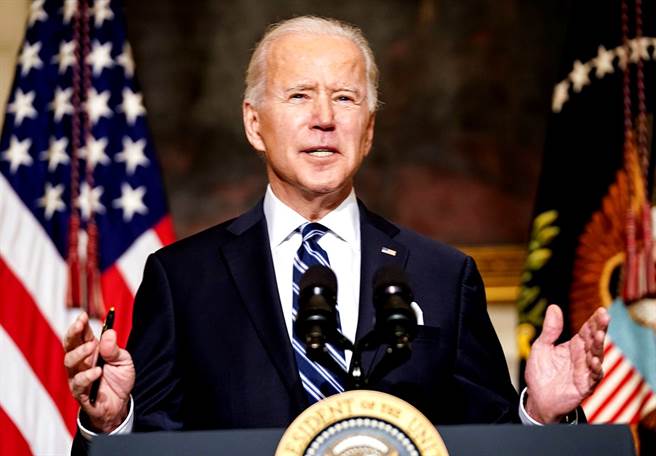As part of the Connect Global Classrooms program, the British Council organized an online conference Sunday to discuss how policymakers can identify and investigate mental health issues in schools, assess the needs for policy and practice and then apply what they learn to meet the needs of school systems in their countries.
The event brought together ministers of education, policy makers and leading educational practitioners from Egypt, Palestine, Jordan, Morocco, Tunisia, Iraq, Lebanon, Yemen and the United Kingdom.
The conference discussed the importance of developing a clear action plan across the countries of the Middle East and North Africa region to address mental health issues and spread happiness among school students and the many challenges that students face throughout the region now since the start of the Covid-19 pandemic, such as extended closures, the inability to communicate clearly, and the lack of movement. And creativity, which causes high levels of tension and pressure among students, the importance of establishing practices that promote mental health and well-being approaches in schools, the importance of promoting positivity and adapting to the circumstances and changes imposed by the pandemic, and making students and their families more resilient and resilient; By maintaining hope and optimism, and avoiding negativity, especially in light of the psychological pressures they are going through.
Over the past 18 months, the British Council in the Middle East and North Africa has recognized the need to take into account mental health and spread happiness among learners and within the school community, and has organized events that seek to promote dialogue and action on this sensitive issue in education. A pilot project has been launched in the MENA region to support teachers in implementing activities in the field of mental health and promoting happiness in the classroom. These activities have provided essential support for educators in achieving SDG 3 on good health and happiness.
Maysa Dhawi, Director of Regional Schools Programs for the Middle East and North Africa at the British Council, confirmed that a series of events have been held in the Middle East and North Africa as part of the Connecting Classroom Program to address children’s mental health issues, spread happiness and discuss policy and common practice from the East. Middle, North Africa and the United Kingdom. Despite the difficult work environment due to Covid-19 and school closures, the program continues to make a positive contribution to enhancing students ‘self-confidence by applying new teaching practices to increase students’ interest and enjoyment of the learning process.
Connecting the Classrooms is a global program for schools designed to prepare young people for life and work in a global economy. In Egypt, the program has contributed since 2009 in supporting more than 80,000 teachers in public and private schools, affecting the lives of more than 500,000 male and female students to develop their life skills that young people need to thrive in the twenty-first century, and this would help them shape the future for themselves and the next generations. It is a partnership. Between the British Council and the British Foreign and Development Office.
–
–


